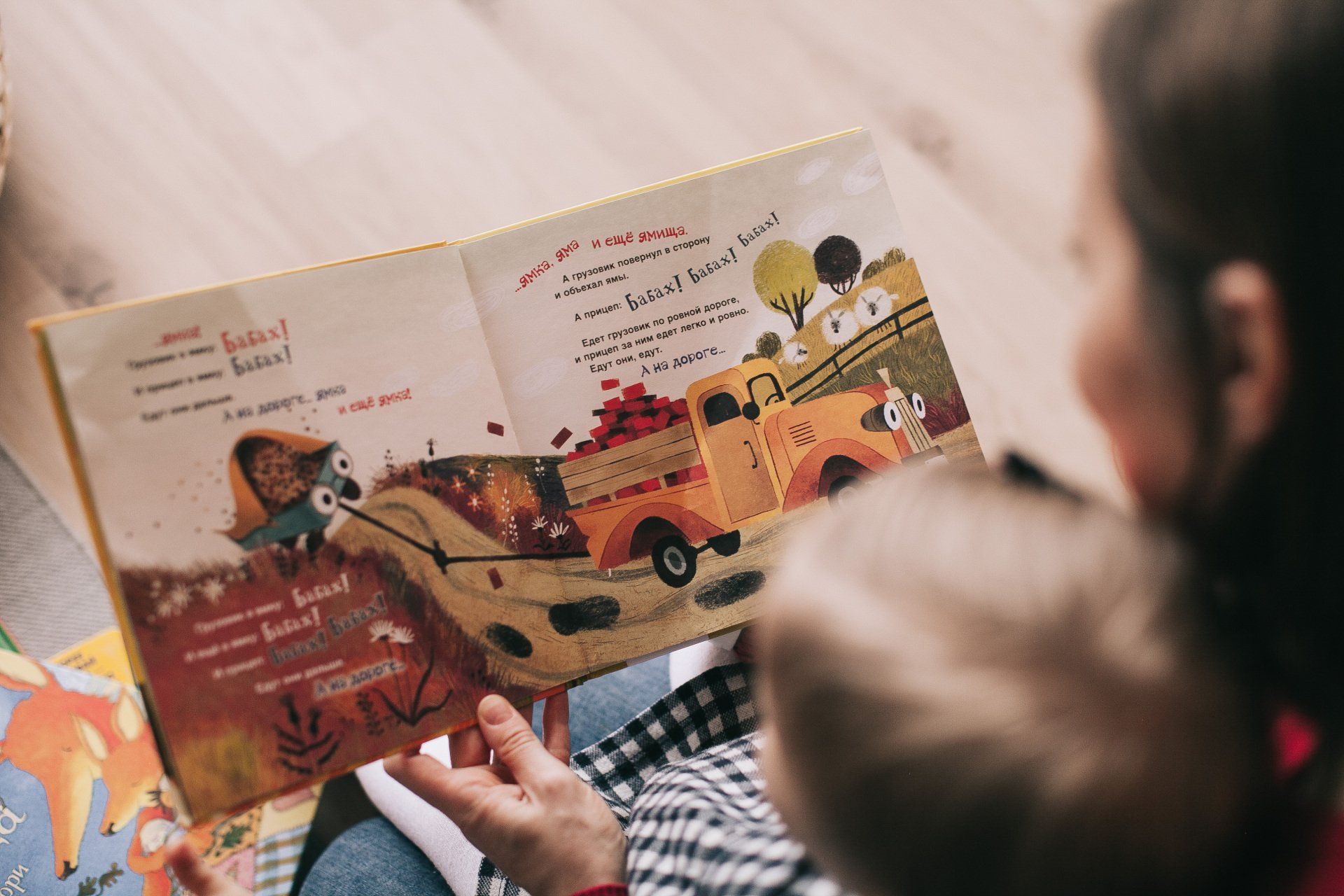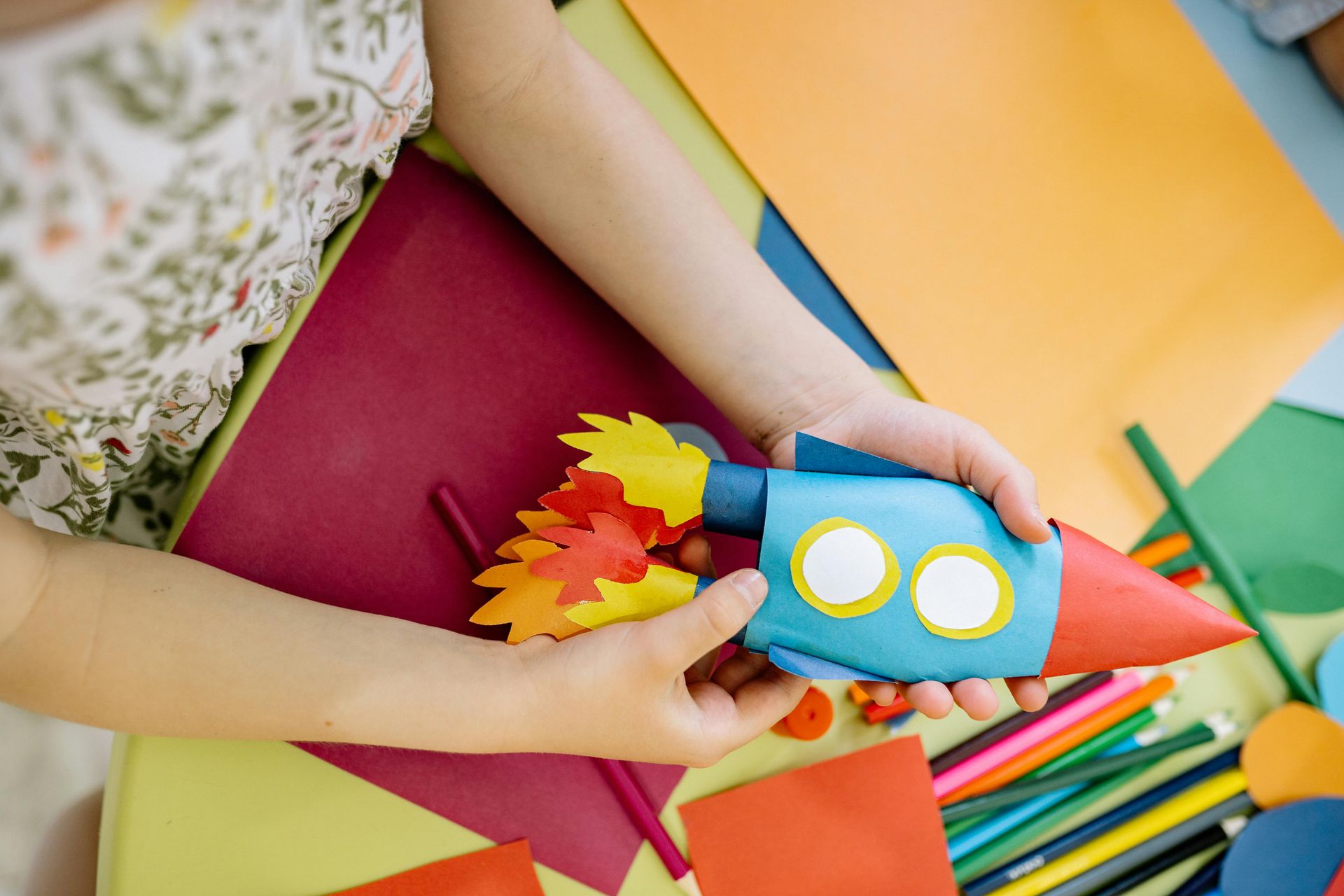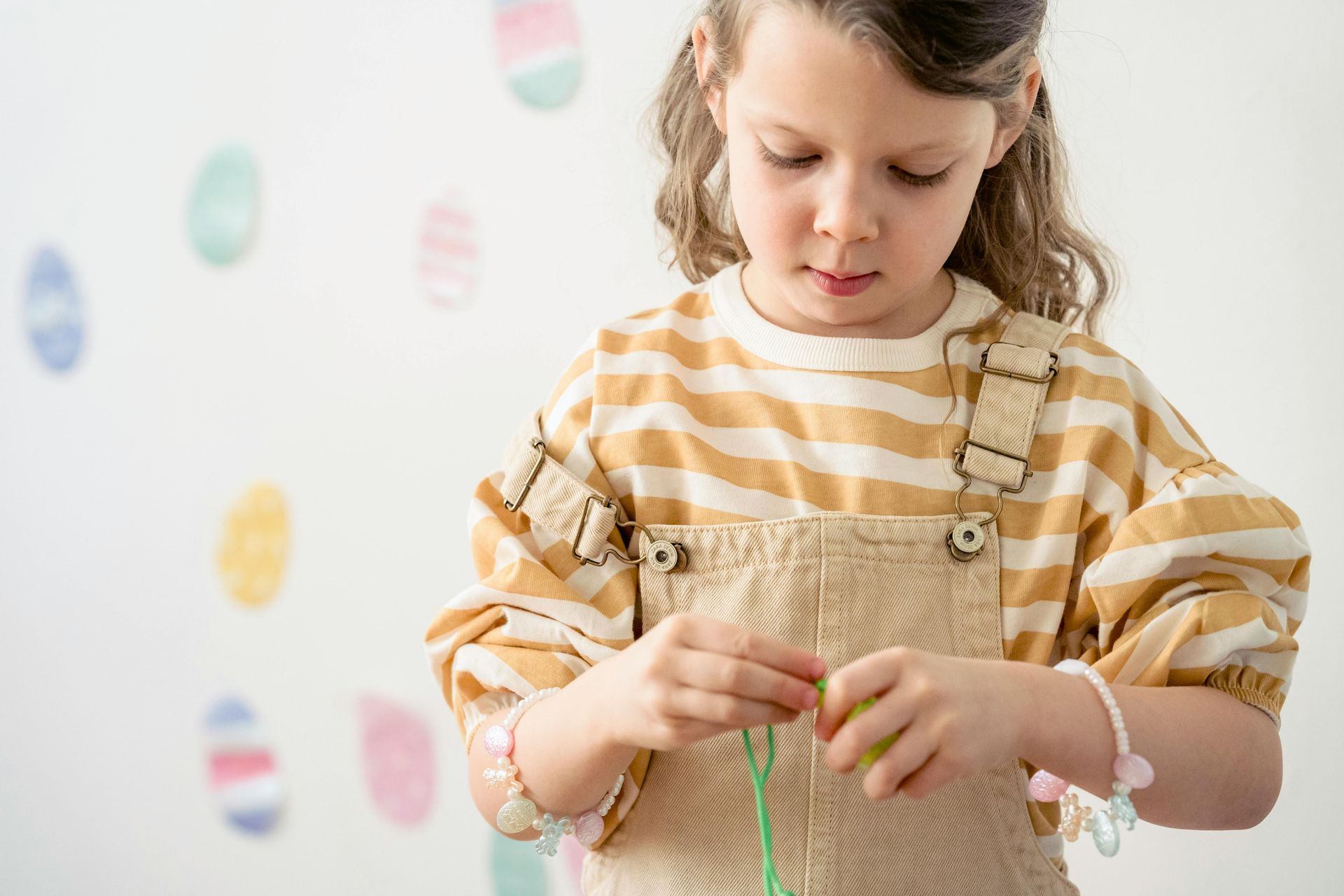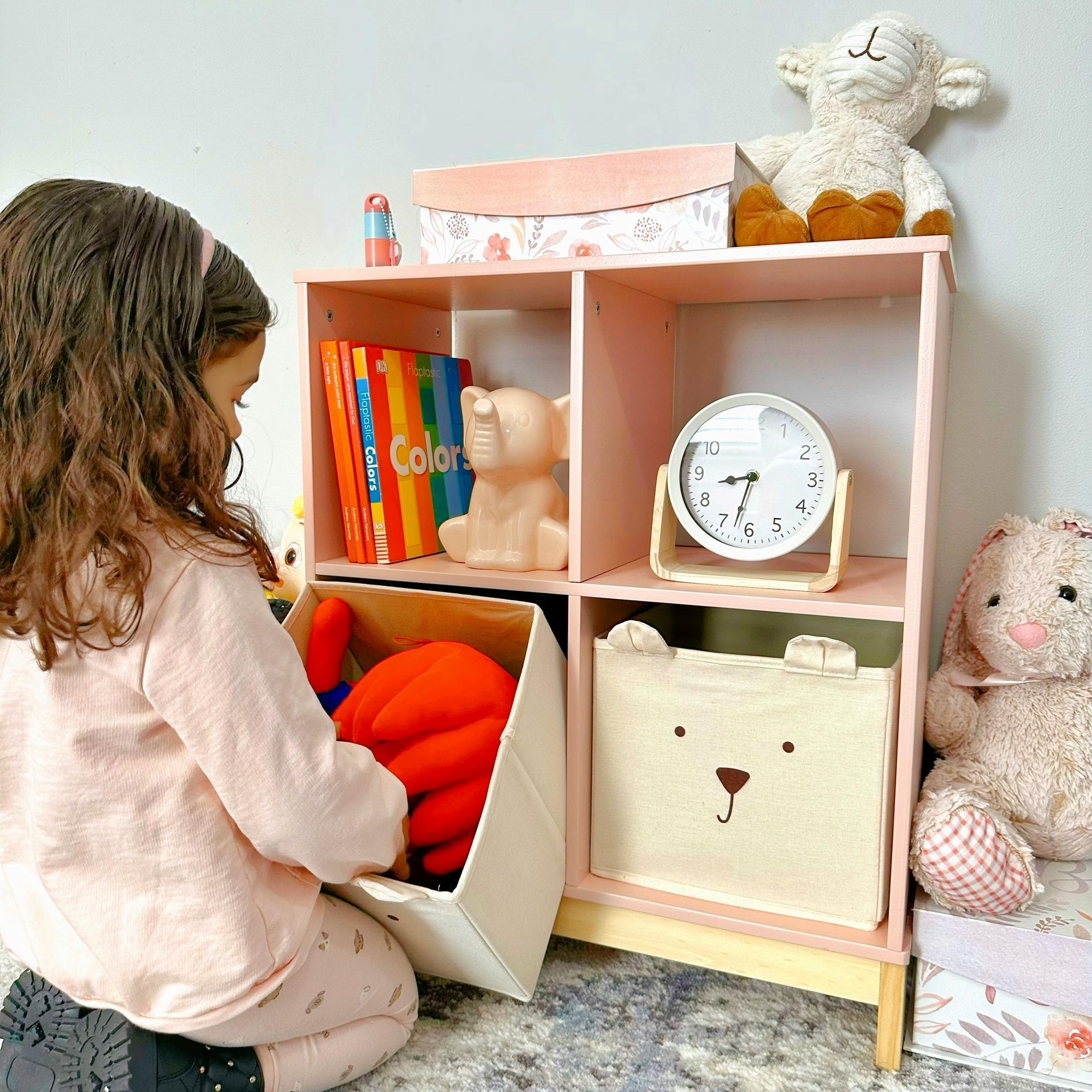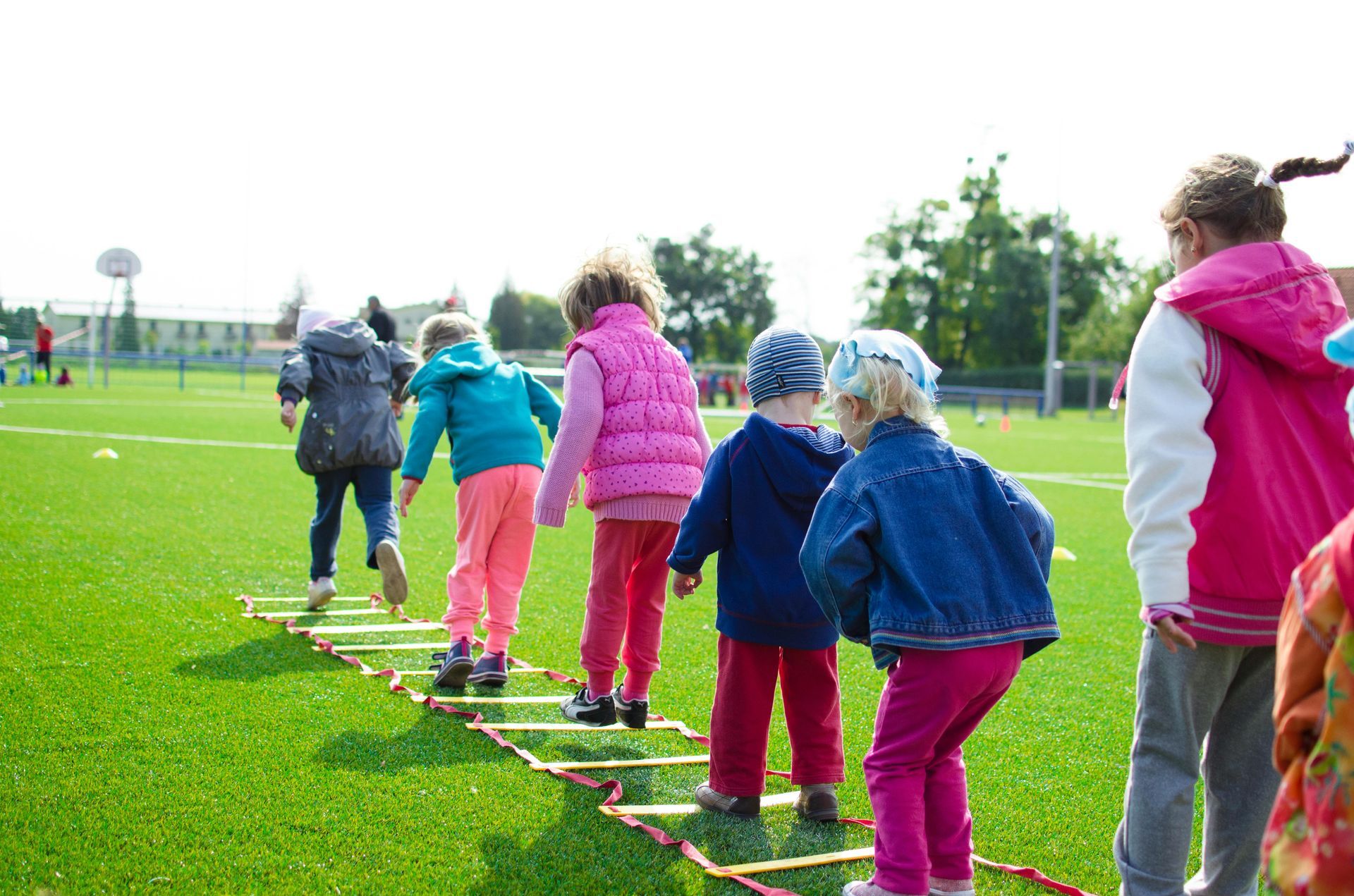How Early Childhood Education Enhances Communication Skills for Lifelong Success
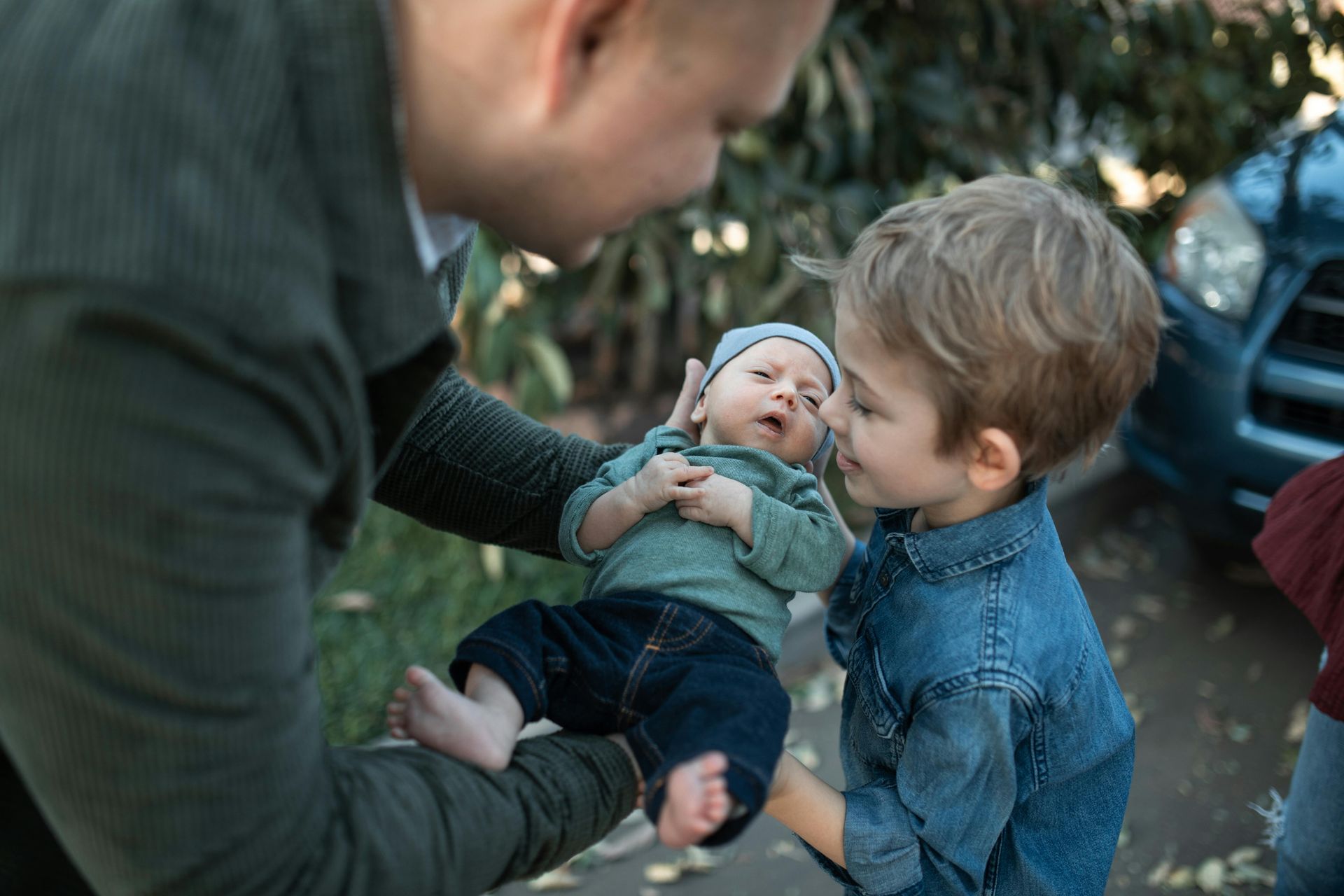
Communication is one of the most important skills that children can develop during their early years, serving as the foundation for social, academic, and personal success. At Early Education Station Orlando, we believe in the power of nurturing communication skills from a young age. In this blog post, we will explore the crucial role of early childhood education in enhancing children’s communication abilities and how these skills lay the groundwork for lifelong success.
The Importance of Communication Skills in Early Childhood
Effective communication is essential for building relationships, expressing needs, and participating in academic and social activities. Early childhood is a prime time for developing these skills as children begin to interact with peers, teachers, and their surroundings. Communication not only involves speaking but also listening, understanding, and expressing thoughts clearly. Here’s why early childhood education plays such a crucial role in this process:
1. Developing Vocabulary and Language Skills
In the early stages of life, children are rapidly acquiring new words, phrases, and ways of expressing themselves. Early childhood education helps children build a strong vocabulary and comprehension skills by engaging them in conversations, storytelling, and interactive activities that promote language development.
Example: Activities like reading books together, singing songs, and playing “I spy” with objects in the classroom help expand a child’s vocabulary. Teachers encourage children to describe things, ask questions, and express their ideas verbally, which strengthens their language skills.
How it Helps: Children who are exposed to rich language experiences in the early years develop a larger vocabulary and a stronger understanding of how language works. This gives them a significant advantage in later academic years where effective communication is key.
2. Listening and Comprehension
Communication is a two-way street, and listening is just as important as speaking. Early childhood education provides opportunities for children to practice listening skills and learn how to comprehend what others are saying. These skills are essential for understanding instructions, engaging in meaningful conversations, and responding appropriately.
Example: During circle time or group discussions, teachers encourage children to listen carefully to stories, instructions, and each other’s thoughts. By practicing active listening, children learn to pay attention to details and absorb important information.
How it Helps: Children who develop good listening skills in their early years are better able to follow directions, engage in conversations, and retain information in academic settings. Active listening also enhances their ability to empathize with others and understand diverse perspectives.
3. Expressing Ideas Clearly
Effective communication isn’t just about knowing what to say—it’s about being able to express thoughts and ideas clearly and confidently. Early childhood education encourages children to practice expressing themselves, whether through verbal language, art, or other forms of creative expression.
Example: Teachers encourage children to share their thoughts about a story they’ve read or their experiences at home. This could be through show-and-tell, drawing, or speaking aloud. These activities help children organize their thoughts and communicate in an effective and understandable way.
How it Helps: Children who are encouraged to express their ideas clearly develop confidence in their communication abilities. This skill is especially important in later academic settings and social interactions, where expressing oneself clearly is a valuable asset.
4. Developing Social Communication Skills
In early childhood education, communication isn’t just about interacting with adults—it’s also about learning how to engage with peers. Children practice their social communication skills through group activities, cooperative play, and conflict resolution exercises.
Example: In group play situations, children learn to ask for a turn, share toys, and negotiate with others. Teachers guide these interactions, helping children understand the importance of taking turns, using polite language, and listening to their peers.
How it Helps: Social communication skills are crucial for building friendships, working in teams, and maintaining healthy relationships throughout life. By practicing these skills in early childhood, children learn how to navigate social dynamics and collaborate effectively with others.
5. Nonverbal Communication
Not all communication is verbal. Nonverbal communication—such as body language, facial expressions, and gestures—also plays a crucial role in how children interact with others. Early childhood education provides opportunities for children to explore and understand these nonverbal cues, helping them communicate effectively without words.
Example: During dramatic play or role-playing activities, children use facial expressions, hand gestures, and posture to convey emotions and ideas. Teachers model appropriate nonverbal communication, such as showing empathy with a comforting gesture or reinforcing behavior with a smile.
How it Helps: Children who are aware of nonverbal cues develop emotional intelligence and become better at reading the emotions and needs of others. This skill is essential for effective communication, empathy, and building strong relationships.
How Early Education Station Orlando Supports Communication Development
At Early Education Station Orlando, we prioritize fostering communication skills from the very beginning. Our carefully crafted curriculum and learning environment encourage children to engage with their peers, teachers, and the world around them. Here’s how we incorporate communication development into our everyday activities:
1. Interactive Storytelling and Discussions
We use storytelling as a powerful tool to stimulate language development. Children are encouraged to participate in discussions, ask questions, and share their thoughts during storytime. This not only builds vocabulary but also strengthens comprehension and critical thinking skills.
Example: After reading a story, children may discuss the main characters, plot, and their favorite parts, allowing them to articulate their thoughts clearly and listen to others.
2. Encouraging Play-Based Learning
Our play-based curriculum emphasizes communication through play. Whether it’s playing with blocks, engaging in pretend play, or participating in group games, children practice communication in real-life scenarios, making it a natural and enjoyable experience.
Example: During pretend play scenarios, children take on different roles—such as a doctor, teacher, or parent—and engage in conversations that mimic real-life situations. This helps them understand social cues and practice effective verbal and nonverbal communication.
3. Fostering Parent-Teacher Communication
We believe that communication between parents and teachers is essential for a child’s development. At Early Education Station Orlando, we maintain open channels of communication with parents to ensure that each child receives the support they need.
Example: Teachers provide regular updates on a child’s progress and development, including how they are progressing with communication skills. Parents are encouraged to share insights from home, which helps teachers better support their child’s development.
4. Using Technology and Media
We incorporate technology into the curriculum in ways that encourage children to engage with digital media, such as educational apps and interactive videos. These resources provide children with additional avenues for enhancing their communication skills.
Example: Interactive learning games that require children to listen to instructions, follow along with the story, or complete language-based challenges help enhance listening, comprehension, and communication.
Discover how early childhood education lays the foundation for a lifelong love of learning and why play is a powerful tool in that journey in Creating a Lifelong Love for Learning: The Importance of Early Childhood Education and The Power of Play in Early Childhood Development.
Conclusion
Communication is a skill that will benefit children throughout their lives. Early childhood education plays a vital role in helping children develop strong communication abilities, laying the foundation for academic success, social competence, and personal growth. At Early Education Station Orlando, we are committed to fostering these skills in a nurturing and supportive environment, ensuring that each child is equipped with the tools they need to communicate effectively and confidently for years to come.

